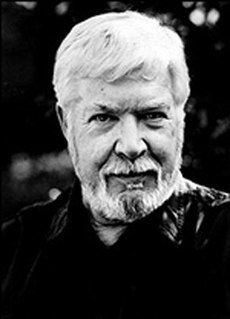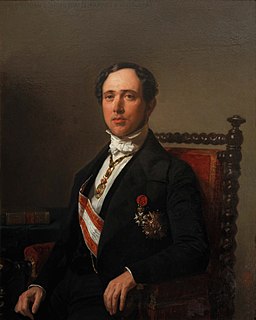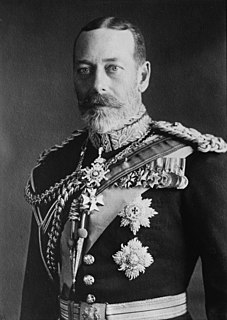A Quote by Marcus Tullius Cicero
Related Quotes
For as long as men and women have talked about war, they have talked about it in terms of right and wrong. And for almost as long, some among them have derided such talk, called it a charade, insisted that war lies beyond (or beneath) moral judgment. War is a world apart, where life itself is at stake, where human nature is reduced to its elemental forms, where self-interest and necessity prevail. Here men and women do what they must to save themselves and their communities, and morality and law have no place. Inter arma silent leges: in time of war the law is silent.
Many think it not only inevitable but entirely proper that liberty give way to security in times of national crisis--that, at the extremes of military exigency, inter arma silent leges. Whatever the general merits of the view that war silences law or modulates its voice, that view has no place in the interpretation and application of a Constitution designed precisely to confront war and, in a manner that accords with democratic principles, to accommodate it.
In war, in some sense, lies the very genius of law. It is law creative and active; it is the first principle of the law. What is human warfare but just this, - an effort to make the laws of God and nature take sides with one party. Men make an arbitrary code, and, because it is not right, they try to make it prevail by might. The moral law does not want any champion. Its asserters do not go to war. It was never infringed with impunity. It is inconsistent to decry war and maintain law, for if there were no need of war there would be no need of law.
What you people who weren't yet born can never know is what it meant to sleep in cities under silent falls of snow when all night long the only sounds you heard were dogs that parked at trains that passed so far away they took a short cut through your dreams and no one even woke. It was the war that changed that. It was. After the Great War for Civilization - sleep was different everywhere.
There are only two possible forms of control: one internal and the other external; religious control and political control. They are of such a nature that when the religious barometer rises, the barometer of [external, i.e., political control] falls and likewise, when the religious barometer falls, the political barometer, that is political control and tyranny, rises. That is the law of humanity, a law of history. If civilized man falls into disbelief and immorality, the way is prepared for some gigantic and colossal tyrant, universal and immense.
It was a time of madness, the sort of mad-hysteria that always presages war. There seems to be nothing left but war--when any population in any sort of a nation gets violently angry, civilization falls down and religion forsakes its hold on the consciences of human kind in such times of public madness.








































